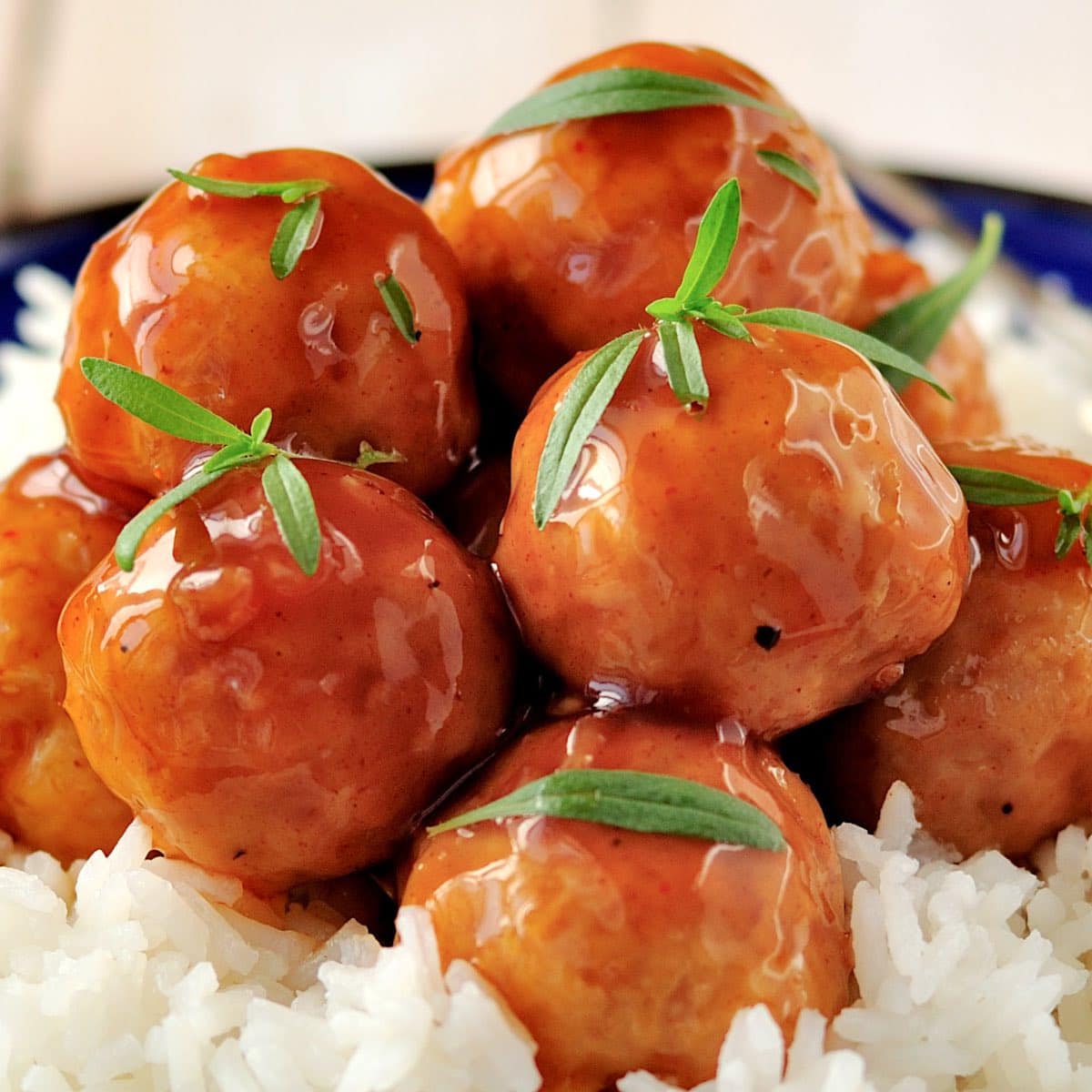Anxiety was located to shut off the mind’s all-natural feedback to satiation, which is to quit consuming, as well as therefore, motivate satisfying ongoing consuming, in a brand-new research that might describe why we long for high-calorie ‘home cooking’ when constantly stressed out.
The research located that this taken place in the mind’s side habenula, which when turned on generally moistens incentive signals as well as, therefore, quits an individual from consuming when satiated or complete.
” Our searchings for expose tension can bypass an all-natural mind feedback that lessens the satisfaction obtained from consuming – implying the mind is continually awarded to consume,” claimed Herbert Herzog, elderly writer of the research as well as Checking out Researcher at the Garvan Institute of Medical Study, Sydney, Australia.
The scientists likewise claimed that their research demonstrated how persistent tension might advertise weight gain as well as excessive weight as well as, therefore, highlighted the demand for a healthy and balanced diet plan throughout difficult times. Their job is released in the journal Nerve cell.
While some individuals are seen consuming much less throughout times of tension, others consume greater than typical as well as select calorie-rich choices high in sugar as well as fat.
Intending to comprehend the diverse consuming practices of individuals in feedback to tension, the scientists researched computer mouse versions for exactly how various mind locations’ responded to persistent tension under varied diet regimens.
” We uncovered that the side habenula was energetic in computer mice on a temporary, high-fat diet plan to shield the pet from eating way too much.
” Nevertheless, when computer mice were constantly stressed out, this component of the mind stayed quiet – enabling the incentive signals to remain energetic as well as motivate feeding for satisfaction, no more replying to satiety regulative signals,” clarified initial writer Kenny Chi Kin Ip from the Garvan Institute.
” We located that stressed out computer mice on a high-fat diet plan obtained two times as much weight as computer mice on the very same diet plan that were not stressed out,” claimed Ip.
At the heart of the weight gain was the particle NPY, generated normally by the mind in feedback to tension, the scientists located when they obstructed NPY from triggering mind cells in the side habenula of stressed out computer mice on a high-fat diet plan.
The computer mice were, therefore, located to eat much less home cooking, leading to much less weight gain.
The scientists even more located, once more in computer mice, that the stressed out ones on a high-fat diet plan eaten 3 times a lot more sucralose (unnaturally sweetened water below) than those on a high-fat diet plan alone, recommending that tension drove a desire for wonderful, tasty food.
” Most importantly, we did not see this choice for sweetened water in stressed out computer mice that got on a normal diet plan,” claimed Herzog.
” In difficult scenarios, it’s very easy to utilize a great deal of power as well as the sensation of incentive can relax you down – this is when an increase of power via food serves.
” However when experienced over extended periods of time, tension shows up to transform the formula, driving consuming that misbehaves for the body long-term.
” This study stresses simply just how much tension can jeopardize a healthy and balanced basal metabolism.
” It’s a pointer to stay clear of a difficult way of life, as well as most importantly, if you are handling long-lasting tension, attempt to consume a healthy and balanced diet plan as well as secure away the fast food,” claimed Herzog.
With the exception of the heading, this tale has actually not been modified by The Telegraph Online team as well as has actually been released from a syndicated feed.









































